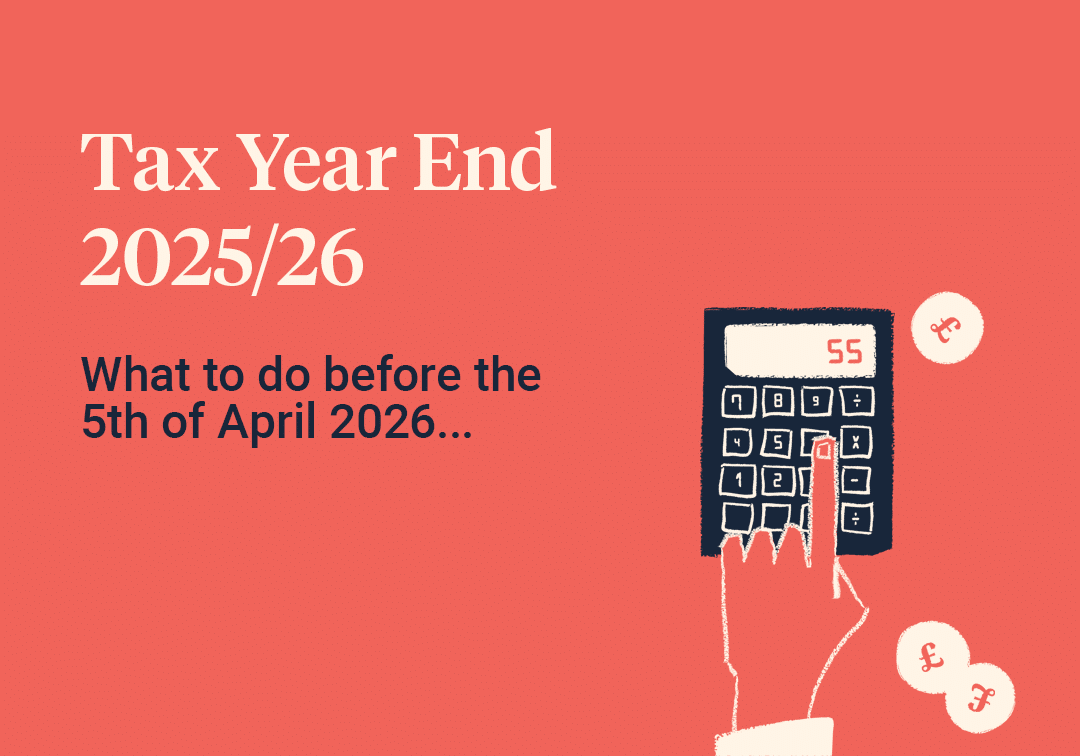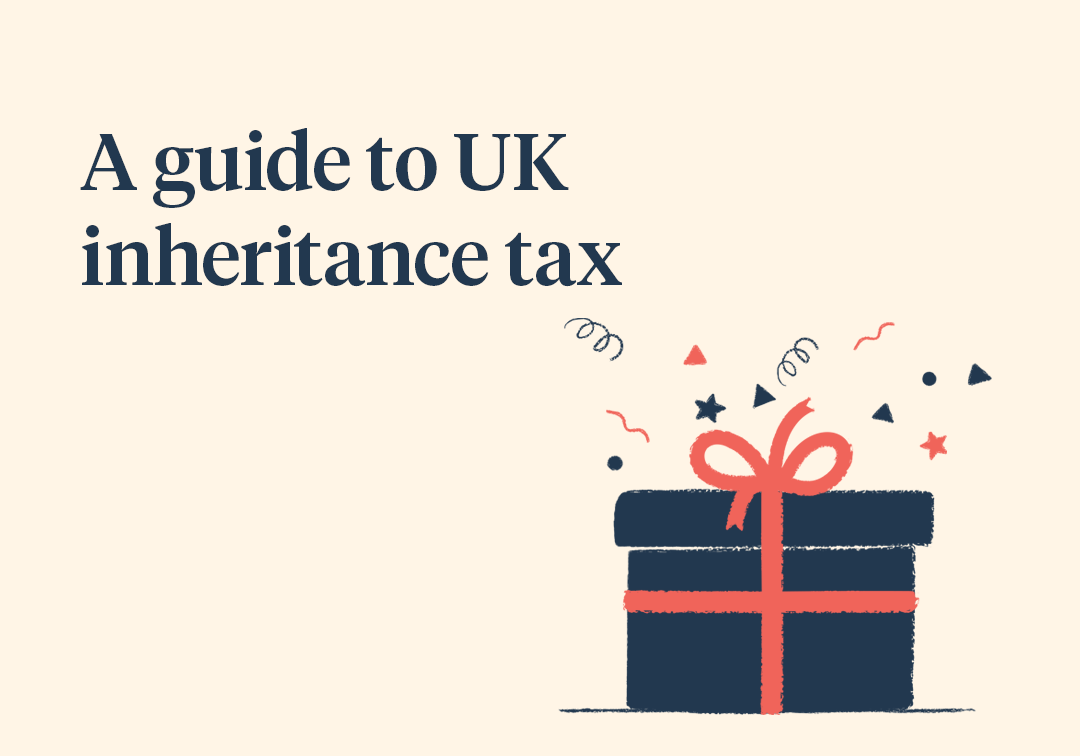It’s not often the Office for Budget Responsibility (OBR) steals the Chancellor’s thunder, but this year’s Autumn Budget was almost old news before Rachel Reeves stood up to announce it. Thanks to an early release of the OBR’s Economic and Fiscal Outlook, much of the detail was circulating hours before the official speech.[1]
Whilst speculation was rife about sweeping reforms and major tax changes in the run-up to the 2025 Autumn Budget, the final announcements were far more constrained. Most allowances and reliefs remain unchanged, with the government relying heavily on “stealth taxes” to raise revenue.[2] These measures will likely not create an immediate shock for most people, but will instead increase the tax burden over time, particularly for higher earners and investors.
Pensions
Pension allowances and tax treatments were largely left untouched except for one notable change that affects salary sacrifice arrangements.
- From April 2029, both employer and employee National Insurance Contributions will apply to any salary-sacrificed pension contributions above £2,000 per year.
- No change to the annual allowance, or inheritance tax treatment of pensions.
- Pension commencement lump sum (tax-free cash) remains unchanged.





